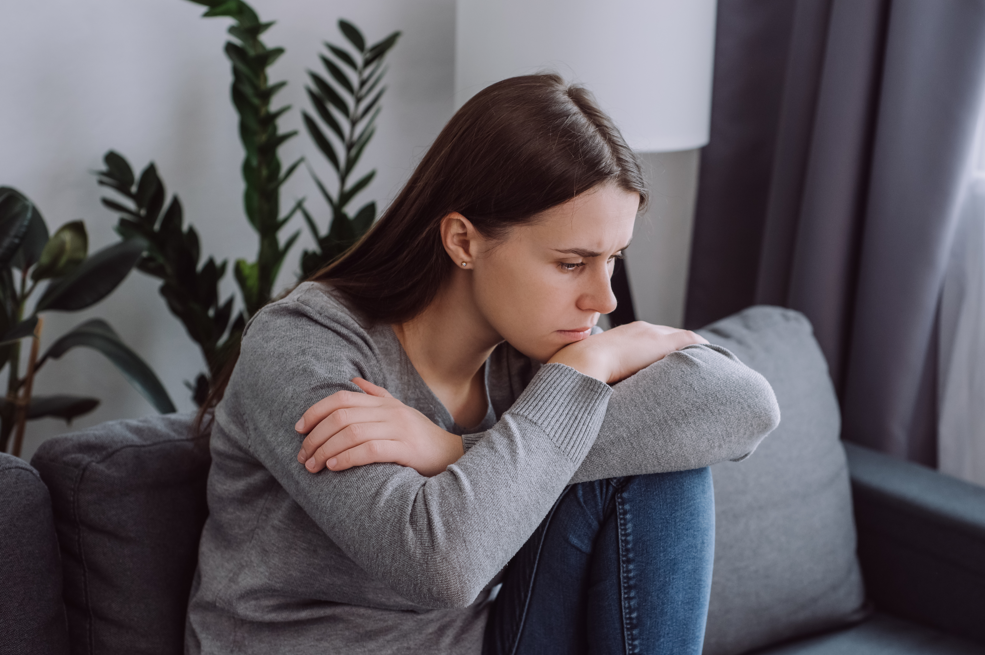
An intensive outpatient program for alcohol provides essential services for certain types of alcohol problems.
If this type of program (also known as an IOP) is a good fit for you or your loved one, it can improve your chances of reaching sobriety.
It can also improve your chances of staying alcohol-free and maintaining your sobriety.
What Is Intensive Outpatient Alcohol Rehab?
This form of alcohol treatment serves as a midpoint between standard outpatient programs (OPs) and inpatient programs.
Like people in standard OPs, you receive treatment during the day and then return home.
However, an intensive outpatient program will require you to receive more treatment than a standard OP.
The minimum amount of care an IOP can provide is nine hours a week.
The maximum is about 19 hours.
Your care team will help determine the exact number of hours you spend in weekly treatment.
Further IOP Guidelines
The definition of an intensive outpatient program goes beyond setting minimum and maximum amounts of care per week. It also includes a series of standards designed to boost the benefits of an IOP program.
IOP standards cover a broad range of factors. Some of these factors will have a direct impact on your treatment experience. They include:
- Making sure IOPs set abstinence from drinking as a recovery expectation
- Using only reliable methods to treat your symptoms of alcohol abuse or alcoholism
- Supplying you with a personalized treatment plan
- Promoting Alcoholics Anonymous or other 12-step groups as a supplement to your main treatment
- Directing you toward some form of secondary treatment once you graduate from intensive outpatient care
Intensive outpatient standards also address broader issues.
For example, they:
- Set a goal of keeping the IOP signup process uncomplicated and straightforward
- Set a goal of increasing public awareness of IOPs
- Set a goal of getting all people who qualify for IOP care into a suitable program
IOP Services for Alcohol Abuse and Alcoholism
Medication IOP Services
People recovering from serious alcohol problems frequently take medication in IOP treatment.
One common option is Acamprosate (brand name: Campral). This medication helps your brain function in healthier ways.
In turn, improved brain function can ease lingering alcohol withdrawal symptoms, such as:
- Anxiousness
- Sleeplessness
- General feelings of unease
A second medication option, Disulfiram (brand name: Antabuse), helps steer you away from drinking alcohol.
It does this by creating significant discomfort when alcohol is in your system.
A third commonly used medication is Naltrexone (brand names: Revia and Vivitrol). Naltrexone creates a chemical barrier that stops alcohol in your system from reaching your brain. This action helps:
- Reduce the pleasure you get from drinking
- Dial down your cravings for alcohol
Behavioral Therapy IOP Services
Behavioral therapy aims to help you change your relationship with alcohol and drinking.
This is not a passive process. Instead, it requires you to play an active role in your recovery.
Depending on your situation, your IOP may use several types of therapy, including:
- Contingency management/motivational incentives
- Cognitive Behavioral Therapy (CBT)
- Community Reinforcement Approach (CRA)
- Motivational enhancement therapy

What you learn in IOP therapy depends on the type of therapy you receive.
For instance, motivational enhancement helps you learn how to make sobriety a personal mission.
Contingency management can make you more willing to stay involved in your IOP.
Cognitive Behavioral Therapy can help you cope with everyday, real-world pressures to consume alcohol.
Community reinforcement seeks to make sober living more appealing than drinking.
Behavioral therapy can also help you:
- Work out family or relationship problems that contribute to your drinking risks
- Learn how to rely on loved ones as you gradually recover
- Keep a realistic picture of the highs and lows of getting sober and staying sober
Most therapy sessions in IOPs take place in groups, not individually.
However, you can also expect to have at least some one-on-one sessions in most programs.
You can also expect to receive more than one kind of IOP therapy as part of your treatment plan.

Reasons for Entering an Intensive Outpatient Program for Alcohol
Your doctor may recommend an IOP if:
- You have drinking problems that are too severe for standard outpatient care.
- You do not have drinking problems severe enough for a residential program.
- You don’t have a serious, uncontrolled physical condition.
- You don’t have a serious, uncontrolled mental condition.
Many people in IOPs are physically and psychologically addicted to alcohol.
However, others have serious problems with non-addiction alcohol abuse. You may also have symptoms of both problems at the same time.
There are three main ways of entering an IOP.
First, you may enter this kind of program at the very beginning of your alcohol recovery.
You may also enter an IOP after graduating from an inpatient program.
You may also enter an IOP if your alcohol problems don’t improve in standard outpatient care.
Where can I Find an Intensive Outpatient Program for Alcohol Addiction
Intensive outpatient programs are sometimes offered by facilities that also provide other kinds of outpatient or inpatient care.
However, that is not always the case.
Some facilities only offer IOP services.
IOP facilities in your area may form a single department of a larger healthcare provider.
You can also find IOPs with their own campuses and buildings.
Timeframe for Intensive Outpatient Programs for Alcohol Addiction
Can someone tell you in advance how long you’ll be in an IOP? Not really.
Your doctor can provide you with a rough estimate based on your situation.
However, in reality, treatment times are variable and change from person to person.
As a rule, 90 days is a realistic timeframe for an IOP. But again, you may stay enrolled for more or less time than this treatment average.
Paying for an Intensive Outpatient Program for Alcohol Addiction
IOP program costs are not the same in all facilities.
Chances are, you can find relatively expensive and inexpensive options in your area.
Depending on the details of your insurance, the price may be less of an issue.
People who have to pay out of pocket tend to face higher costs than those who don’t.
However, lack of coverage doesn’t mean you should give up on enrolling in an IOP.
Instead of requiring a one-time, out-of-pocket payment, some IOPs ease your burden by letting you make staggered payments.
Seek an Intensive Outpatient Program for Alcohol Today
IOP Programs let you live at home but require you to get more help than a standard outpatient program provides.
The purpose of an IOP program is to give you the best possible chance of recovering from serious alcohol problems.
IOPs for alcoholism and alcohol abuse are similar in some ways to IOPs for other drugs.
However, alcohol-focused programs only use treatments known to help with alcohol recovery.
These treatments include both medication options and behavioral therapy.
Your doctor may recommend an IOP if you don’t need inpatient care and won’t get the help you need in a standard OP program.
You can also move from a standard OP or inpatient program to an intensive outpatient program.
Some local IOPs don’t offer any other kinds of addiction services, while others do.
In addition, an IOP may have a separate home or belong to a larger healthcare complex. Insurance and out-of-pocket fees are both used to pay for IOPs.
Your personal situation will help determine your available payment options.
For help seeking an effective alcohol IOP, contact our specialists today at North Jersey Recovery Center.






